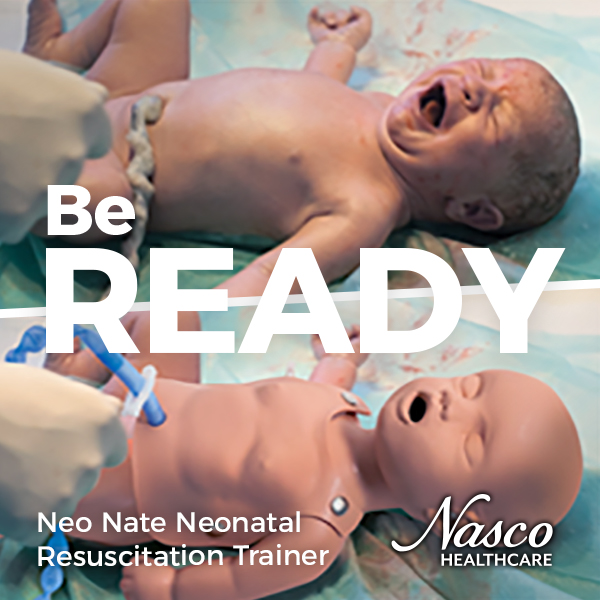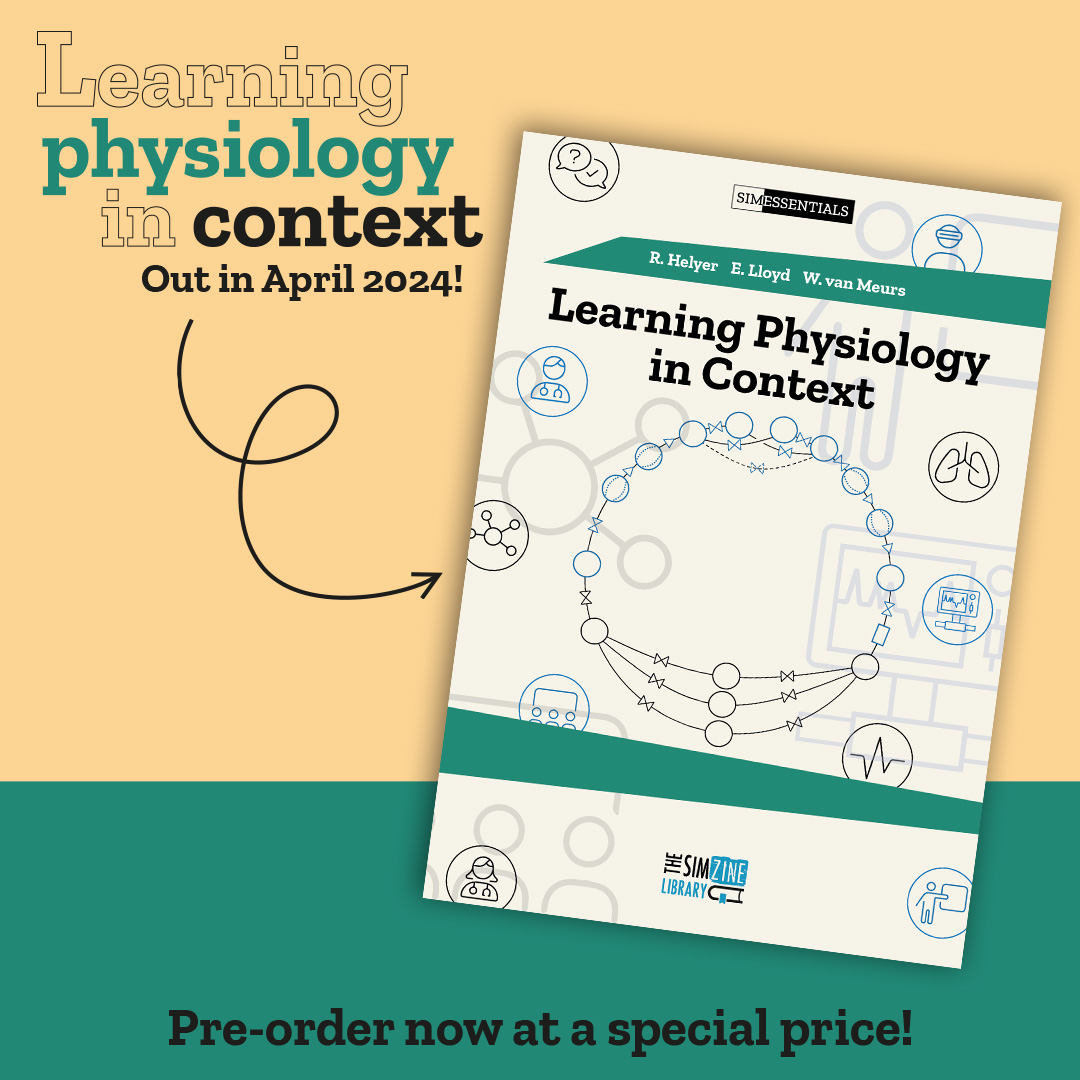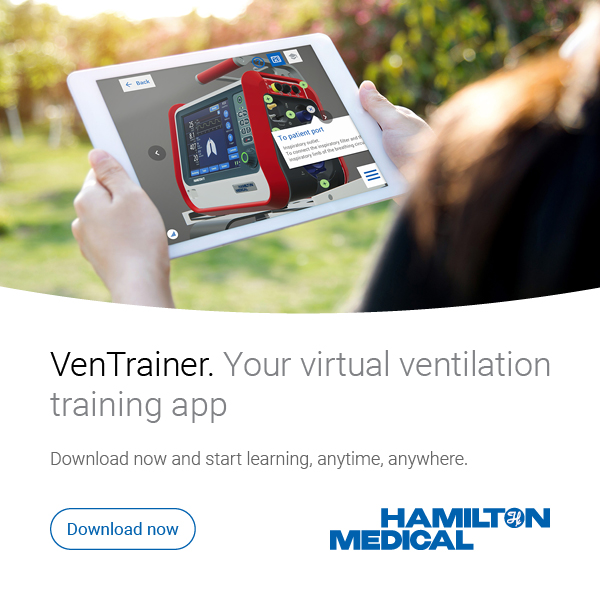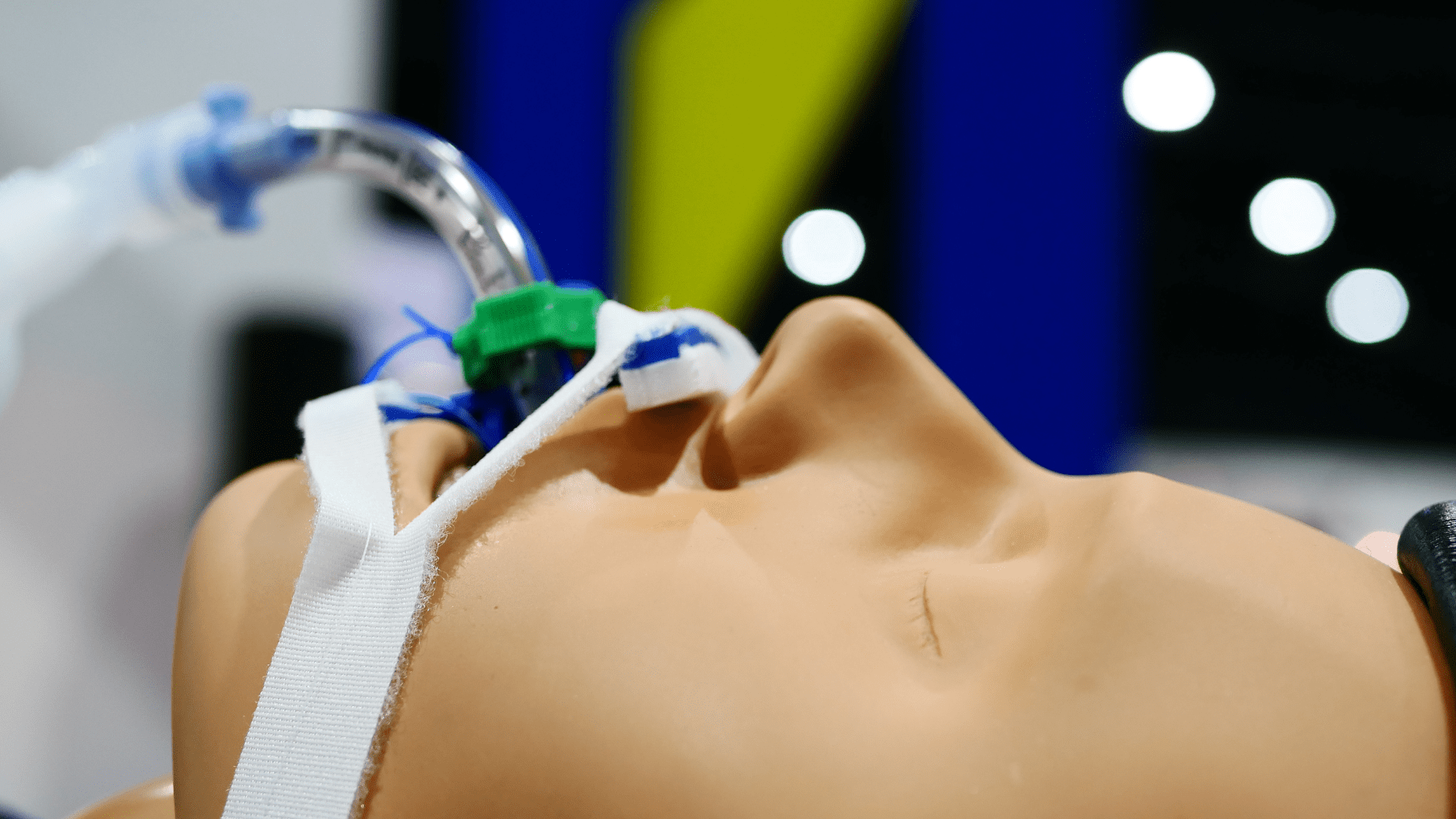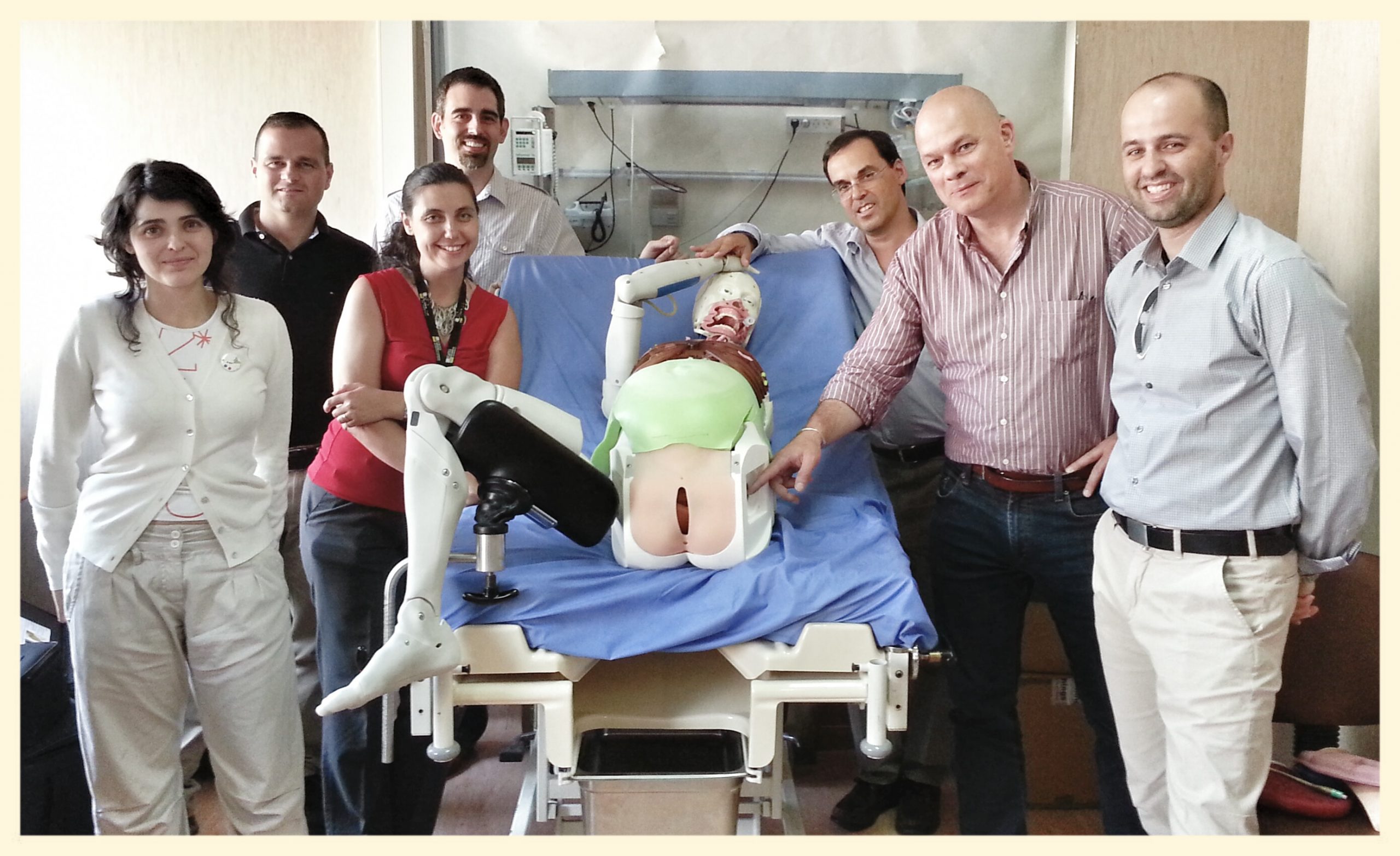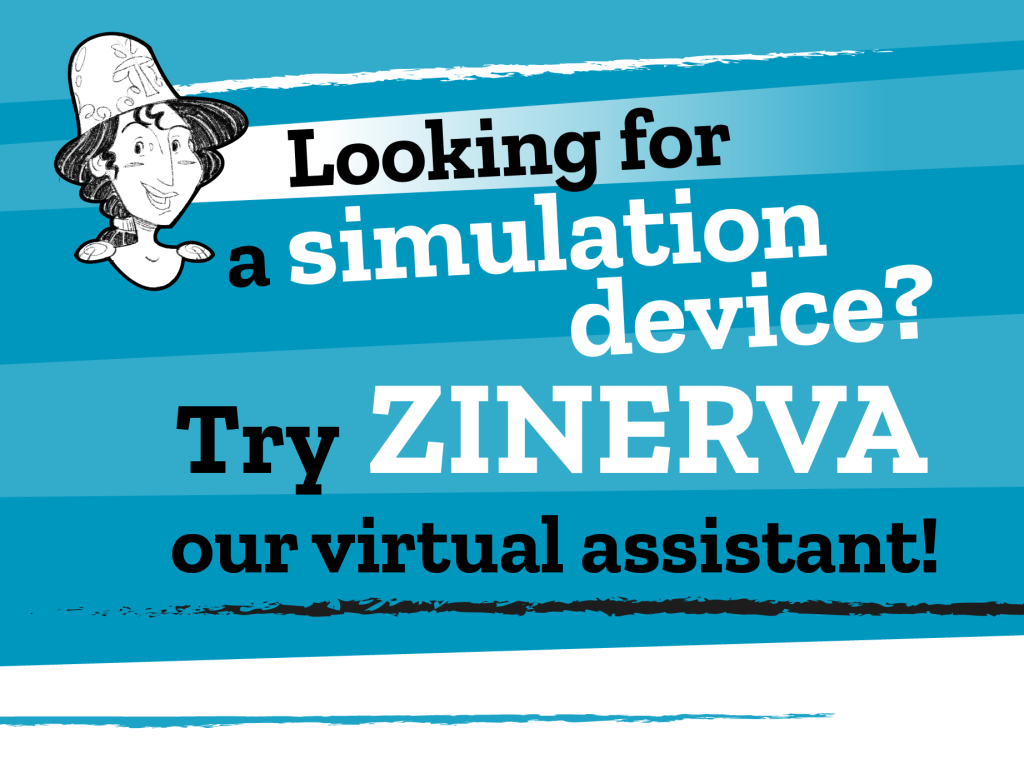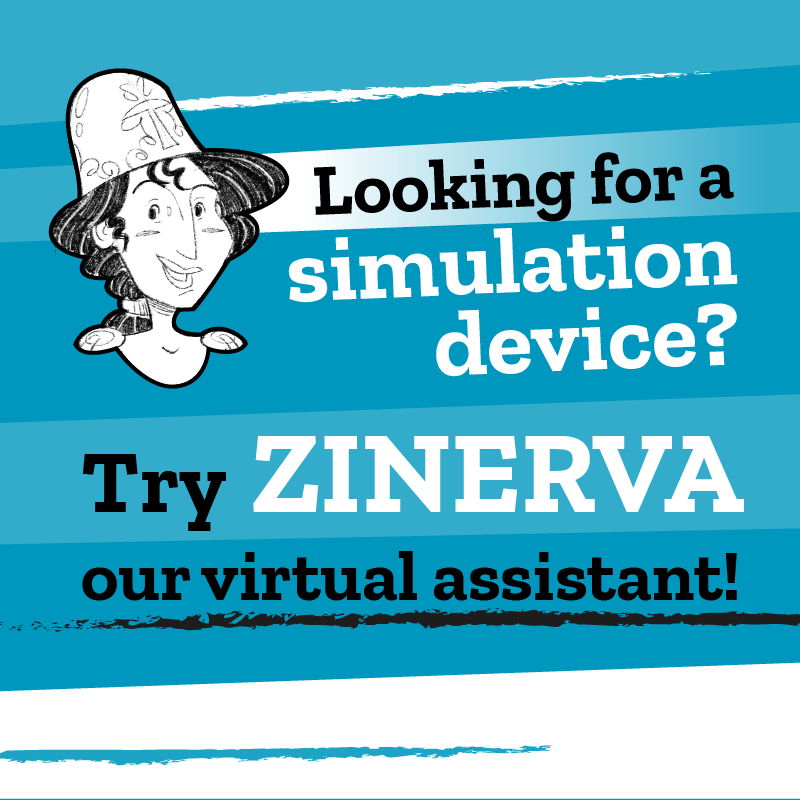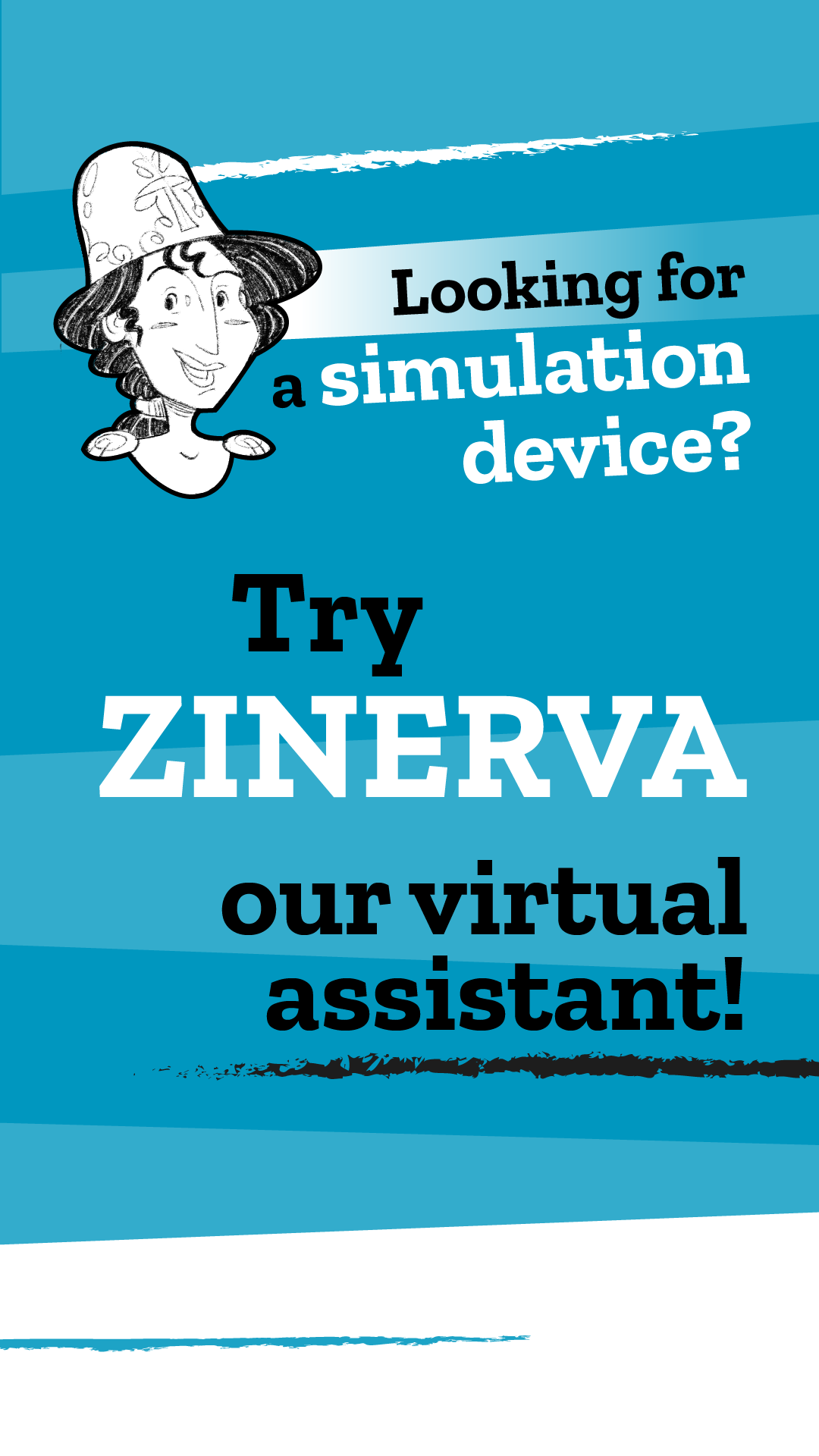Simulation Training through the Lens of Experience and Activity Analysis
Healthcare, Victim Rescue and Population Protection

Flandin S, Vidal-Gomel C, Becerril Ortega R
Springer, 2022
ISBN: 9783030895679
https://link.springer.com/book/10.1007/978-3-030-89567-9
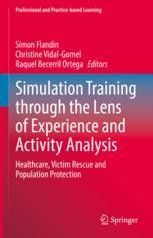
This book offers various ways in which analyzing professional experience and activity in simulation training makes it possible to describe practice-based learning opportunities and processes. Research has been conducted in various simulation programs in the domains of healthcare, victim rescue and population protection, involving healthcare workers, firemen, policemen, servicemen, and civil security leaders. “Work-as-done” (/ “training-as-done”) in simulation has been analyzed with ergonomics, occupational psychology, and vocational training approaches. The authors describe and discuss theoretical, methodological, and/or practical issues related to practitioner experience and activity in simulation training. The book also provides evidence on the conditions under which the actual experience of simulation can foster or hinder learning, and derives appropriate orientations for simulation design and implementation.




